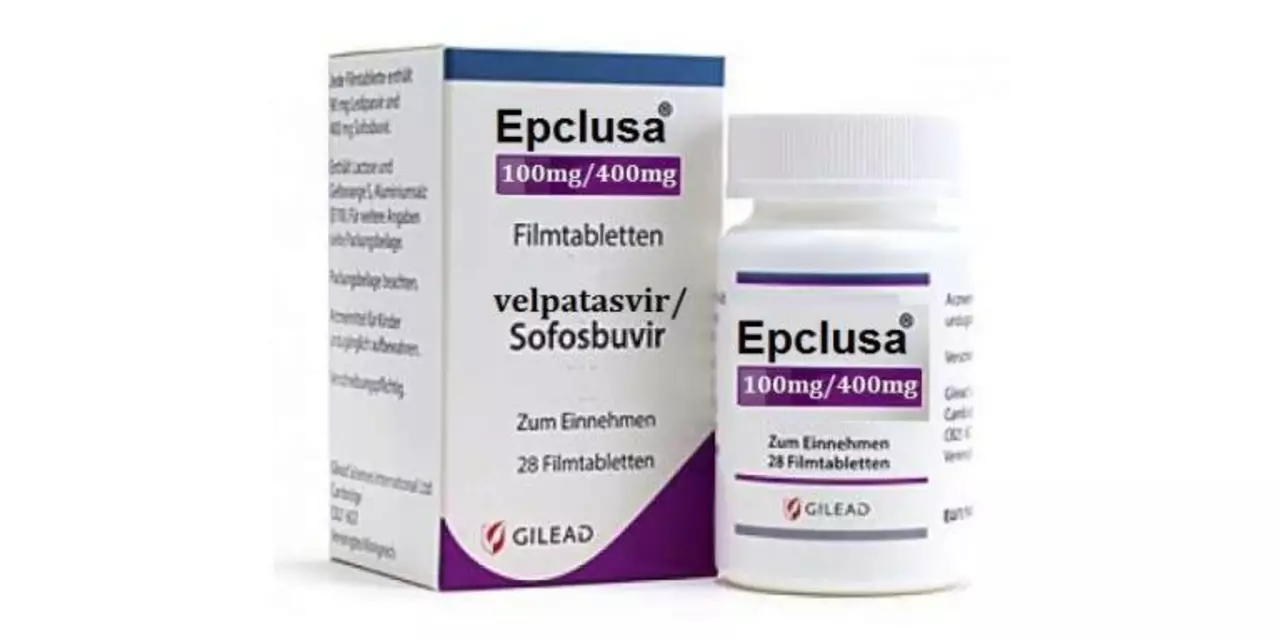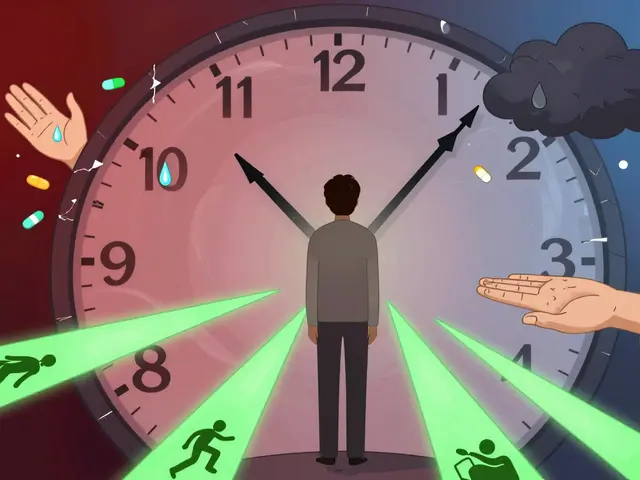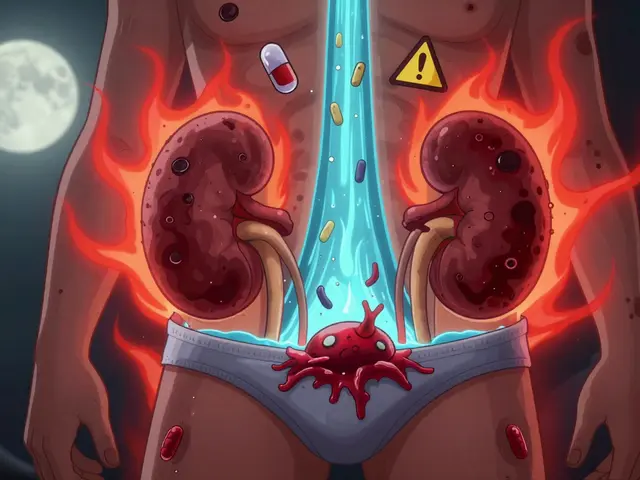Hepatitis C: What to know, how to test, and how it’s treated
Hepatitis C can quietly damage the liver for years before you notice anything. That’s the problem: many people feel fine while the virus harms liver tissue. The good news is modern antiviral pills cure most people in 8–12 weeks. Knowing when to test and what to expect from treatment makes a real difference.
Testing and treatment steps
Start with a simple blood test. First is an antibody test to see if you were exposed. If positive, a follow-up RNA test checks whether the virus is active. Your doctor may also order liver enzymes, an ultrasound, or a FibroScan to check liver scarring.
Treatment now uses direct-acting antivirals (DAAs). These drugs—often taken as a single daily pill—target the virus directly and cure over 90% of cases. Many regimens are pan-genotypic, so genotype testing is less critical than before, but your provider will pick the best option for your health. Typical courses last 8–12 weeks and have few side effects compared with older treatments.
There’s no vaccine for hepatitis C yet, so prevention matters. Avoid sharing needles, only use licensed tattoo shops with sterile gear, and follow safe practices for blood exposure. Pregnant women are routinely screened in many places because mother-to-child transmission can occur.
Living with hepatitis C — practical tips
Avoid alcohol and check every medicine or supplement with your provider because some drugs stress the liver. Get vaccinated for hepatitis A and B if you haven’t already—those infections are preventable and can hit the liver hard when combined with HCV.
If you have cirrhosis, your doctor will set up regular monitoring for liver cancer and checkups every 6–12 months. Even after cure, people with advanced scarring still need follow-up. If you’re worried about drug interactions, a pharmacist can run a quick check—interactions can matter for heart meds, HIV drugs, or certain supplements.
Access to care is improving. Many community clinics, telehealth services, and specialty programs help people get tested and start DAAs quickly. If cost is a worry, ask about patient assistance programs or generic options depending on where you live.
Want more detail? Read our related pieces on how chronic hepatitis C can affect the lungs and what antiviral medicines mean for heart and vascular health. Those articles explain extra risks and what doctors watch for when treating people with other conditions.
If you think you might be at risk or you haven’t been tested, schedule a test. Early diagnosis makes treatment straightforward and widely successful. Talk to your clinician, bring a list of current medicines, and ask about local resources to start care fast.
The Future of Hepatitis C Treatment: Ledipasvir and Beyond
As a blogger, I can't help but be excited about the future of Hepatitis C treatment, especially with breakthroughs like Ledipasvir. This potent antiviral agent is revolutionizing how we treat and potentially eradicate the disease. What's even more thrilling is that we're just scratching the surface, with researchers working tirelessly on newer and more effective treatments. I believe that the future is bright, and we may soon see a world where Hepatitis C is nothing more than a distant memory. Here's to progress and the hope that one day, we can put an end to this global health challenge.






